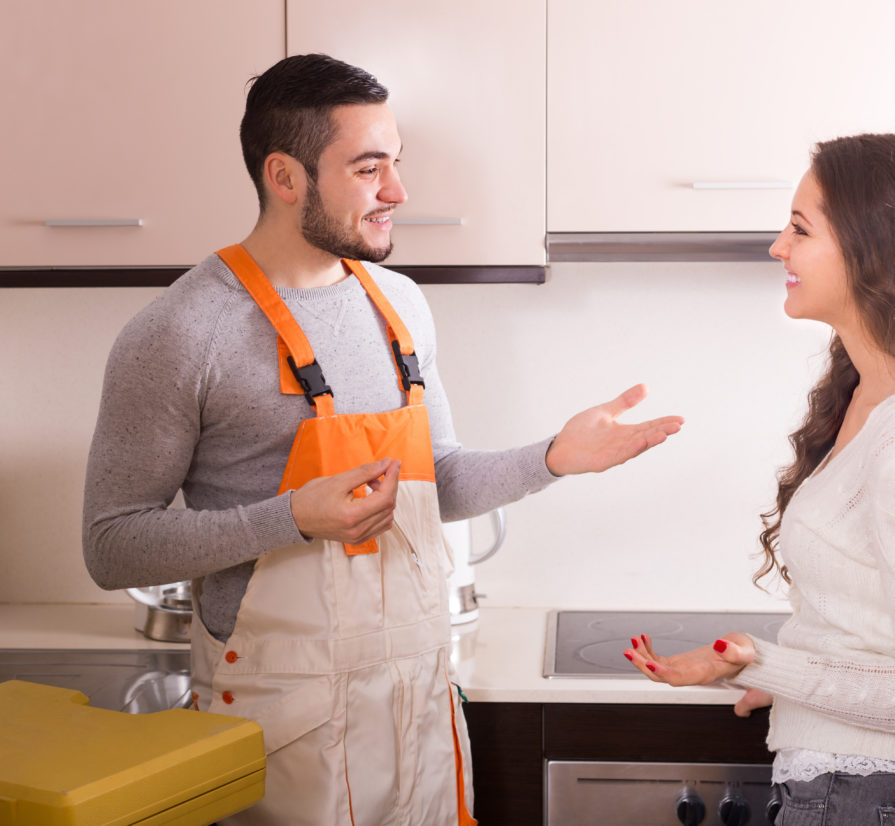
A lot of parents teach their children how to change a flat tire, use an Allen wrench and balance a checkbook. Most parents do not think to teach their children (particularly, their daughters) basic plumbing, however. I would imagine that’s mainly because most parents do not know basic plumbing themselves. So here are five tips EVERY woman should know about the plumbing in her home.
- Maintenance – Your car gets an oil change very 3,000-5,000 miles, your roots and nails get touched up when theyʼre looking rough, but your water heater and plumbing fixtures often go ignored. Manufacturers suggest a water heater flush at least once a year. (This is something you can learn to do for yourself. I’ll have a DIY blog on the very subject soon.) Also, flappers on toilets can be changed out every other year for maximum efficiency. Simple and inexpensive maintenance is the best way to avoid major problems in the future.
- Products from your grocery store can cause more harm than do good! – These “unclogging” products only clear the very bottom of the pipeline and often cause damage to the plumbing of your home. The chemicals used in these products eat away at the cables plumbers use to clean and clear lines. They can also corrode your pipes.
- How to turn off your main water line and emergency shut-off valves – This is a must! No matter where you live (apartment or home), you need to know how to shut off water to the fixture or entire residence quickly to prevent major leaks and possible property damage. Your main water line shut off is located at your meter, typically in your front yard. It can only be turned off with a meter key that can be purchased at a hardware or supply store. Fixtures and toilets can be turned off individually at their shut offs. These emergency shut offs should be turned regularly to ensure they do not get stuck when you really need to use them. Everyone in the home should know how to turn off the emergency shut-off valves.
- Is your home’s water pressure normal? – A simple gauge can be purchased at your local hardware store for $5. Attach the gauge to your outside hose bib (where you hook up your garden hose), turn on the water and read the gauge. Anything more than 65 PSI is potentially dangerous, and you should contact a professional. A normal range is 40-60 PSI. If you have low pressure, you can have it adjusted by a plumber. High water pressure voids home warranties and any home insurance you may have on your property. It can also cause damage to your home’s plumbing lines and fixtures.
- You have OPTIONS! – If something in your home is not working properly, as the homeowner, you have the right to fix it for yourself. However, not everyone is confident with taking on his or her own plumbing problems. You can always give it a valiant try and call a professional if the need arises. However I do not recommend working with any gas or gas lines. This can be highly dangerous and cause major damage to your home or yourself. Always seek professional help when working with gas.
These tips should be able to help you address basic plumbing concerns in your home. If you have any specific questions about plumbing, please feel free to comment, and we will address those concerns directly. Share this with your female friends who will also benefits from these simple tips.


